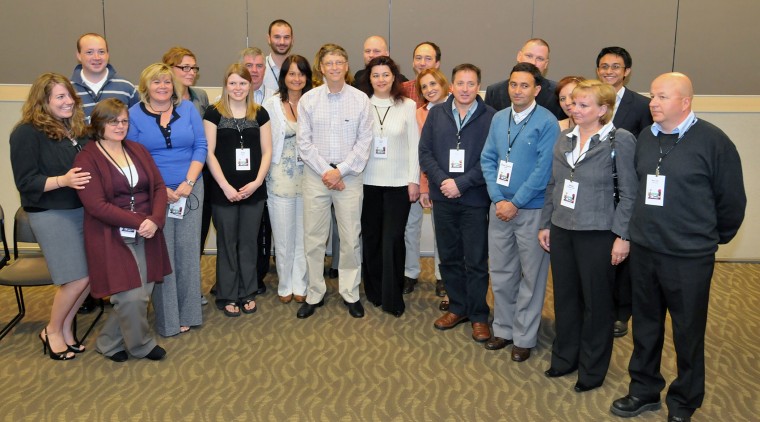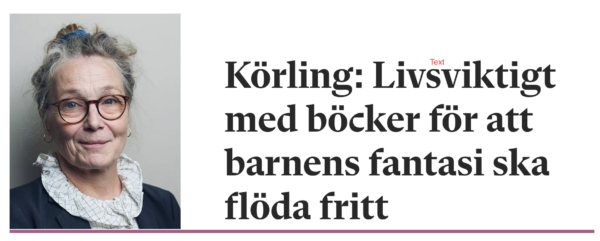En kollega ute i andra delar av världen sände mig en läroplan som jag nyfiket kom att begrunda. Läs och fundera. Det finns inslag jag tycker om:

The Primary Years Programme is a comprehensive approach to both teaching and learning and offers a curriculum framework which is broad and inclusive. The PYP curriculum model provides guidelines for:
what students should learn (the written curriculum)
teaching methodology (the taught curriculum)
effective assessment strategies (the learned curriculum
PYP schools are able to use either the PYP curriculum documents or develop their own within the guidelines set down by the programme. At ISPP we have developed our own curriculum documents in some subject areas and are using PYP formulated documents in others. Eventually, as we work through our planned curriculum review cycle, we will develop our own curriculum documents in all subject areas.
The PYP strives for balance between understanding, the acquisition of knowledge and skills, the development of positive attitudes and the opportunity for positive action.
The programme identifies a body of knowledge for all students in all cultures, in six subject areas:
languages
social studies
mathematics
science and technology
the arts
personal, social, physical education.
Teachers and students from the school assess student work; there are no examinations, nor is there external moderation of student work by the IBO.
In order for students to be well prepared for life beyond school, a set of skills – thinking, social, research, communication. self-management – are developed in the process of structured inquiry.
To develop an internationally educated person the programme promotes and fosters a set of attitudes which are addressed explicitly within the curriculum: a ppreciation, commitment confidence, creativity, curiosity, empathy, enthusiasm, independence, integrity, respect, tolerance, enthusiasm
Inquiry
Structured inquiry is used as a vehicle for learning. It is expected that students are engaged in inquiry learning for around half of their learning time. Six organizing themes help teachers and children explore knowledge in the broadest sense of the word. Teachers and students use key questions that are concept-based to structure the units of inquiry. They acquire and apply transdisciplinary skills (identified above) while developing an understanding of these important concepts.
PYP and ISPP
The IBO has developed curriculum scope and sequences in age groups. The Elementary School is organised into composite classes covering appropriate developmental stages. These stages correspond to the PYP curriculum scope and sequences. Students are grouped according to their age between September and August of the current academic year.
Early Years 1 & 2………………………………………ages 3 to 5
Primary Years reception & Grade 1………….ages 5 to 7
Grade 2 & 3…………………………………………………age 7 to 9
Grade 4 & 5 ………………………………………………age 9 to 11
This grouping enables us to facilitate our aim to create lifelong learners. In order for learning to become a process for life, children must see their work at school as meaningful and enjoyable.
Our class grouping allows the homeroom teacher to stay with a student for more than one academic year. It enables teachers to direct attention on the learning needs of individuals rather than on meeting the requirements of a strict grade level curriculum. It supports differentiation within a learning environment.
—————————————————————————— jag tänker… och tänker…



 Om PISA och helvetesgapet att inte kunna läsa
Om PISA och helvetesgapet att inte kunna läsa

